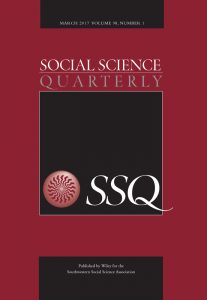“High Status” Crime That Does Pay
[youtube=http://www.youtube.com/watch?v=mMQTiD-FAlw]by NickieWild
The Bernard Madoff investment scandal has wiped out dozens of individual investors. Many charitable organizations and non-profit groups have been affected by the scam, such as the Innocence Project, Human Rights Watch, and The Center for Constitutional Rights. The JEHT Foundation, dedicated to funding organizations that promote open government and voter registration drives, has been forced to close completely. The scam he has admitted to carrying out is a Ponzi scheme, which is a type of white-collar crime that uses investor money to pay returns to early investors, instead of actual profits from investment. It can only operate as long as new investors join, and no one catches on. Madoff’s scam may have been going on for several years, and is estimated to have cost $50 billion dollars. How could this have happened? Lack of regulation during the Bush administration, cozying up to regulators (Madoff’s daughter was married to a Securities and Exchange compliance officer), and greed have been blamed.
But what does not seem to be getting much attention in the media is greater focus on the problem of white-collar crime as a whole. The symbolic interactionist Sutherland first defined the term in 1939 as a “crime committed by a person of respectability and high social status in the course of his occupation.” Although the term was defined 70 years ago, violent and property crimes receive vastly more attention by the police, the FBI, and the media in the United States. Tracking and reporting of white-collar crime is spotty at best. Yet clearly, such crimes lead to the total devastation of untold numbers of people, businesses, and nonprofits. Nevertheless, this week, a judge decided that Madoff could remain free on bail, but under surveillance, while awaiting trial. This is despite the fact that he is said to have sent millions in valuables to friends and family members to hide them from any asset recovery attempts. How many “low social status” offenders would receive such special treatment?
Read More
The Influence of Class Position on the Formal and Informal Sanctioning of White-Collar Offenders by Michael L. Benson







Great point! I like your take on this instance of white collar crime and the justice system’s response.